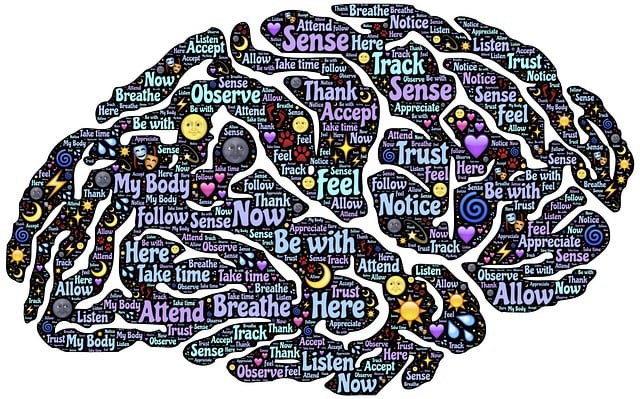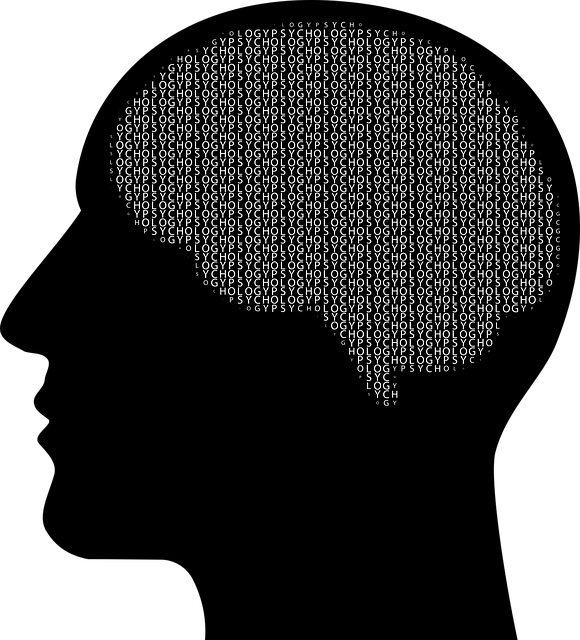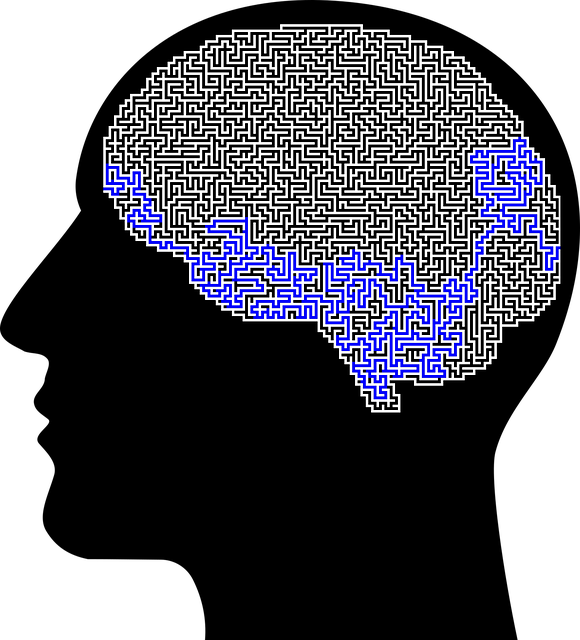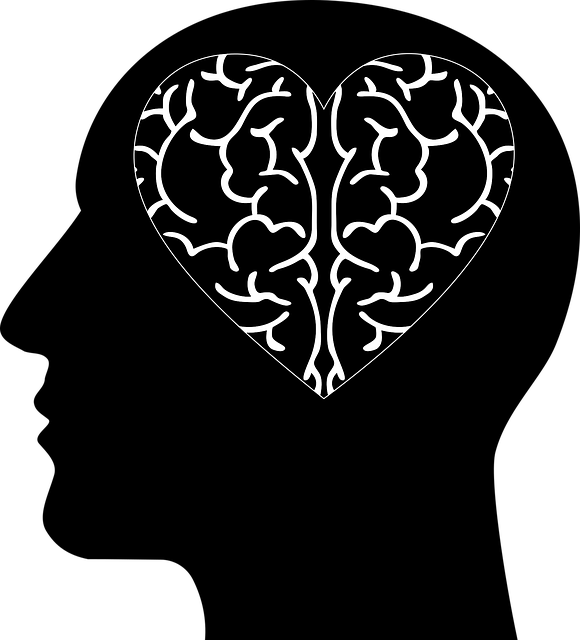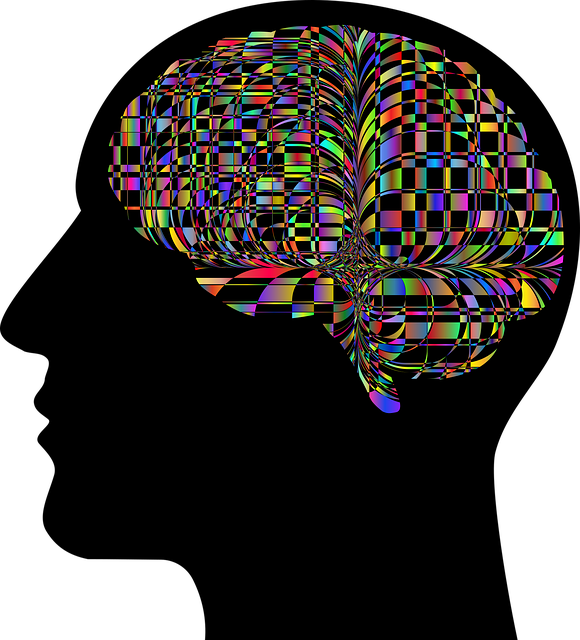Northglenn Alcohol Abuse Therapy (NAAT) emphasizes cultural competency in patient care, utilizing Mind Over Matter principles and risk assessment techniques to address sensitive issues like substance abuse. Their training program combines interactive workshops, case studies, and role-playing scenarios to equip healthcare providers with respectful, sensitive communication skills across diverse cultural backgrounds. Regular post-training evaluations measure the effectiveness of these initiatives, ensuring NAAT's inclusive practices enhance care satisfaction in diverse communities.
In today’s diverse healthcare landscape, cultural competency is not just desirable—it’s essential. For facilities like Northglenn Alcohol Abuse Therapy, ensuring providers are equipped to serve a wide range of patients is paramount. This article explores the critical need for cultural competency training in healthcare, delves into developing effective programs, and highlights methods for measuring and enhancing post-training performance, focusing on strategies applicable to Northglenn Alcohol Abuse Therapy and beyond.
- Understanding Cultural Competency in Healthcare: A Need for Northglenn Alcohol Abuse Therapy
- Developing a Comprehensive Training Program for Healthcare Providers
- Measuring and Enhancing Cultural Competency Post-Training
Understanding Cultural Competency in Healthcare: A Need for Northglenn Alcohol Abuse Therapy

In today’s diverse healthcare landscape, cultural competency is no longer an option but a necessity. This concept refers to the ability of healthcare providers to understand, appreciate, and interact effectively with patients from different cultural backgrounds. Northglenn Alcohol Abuse Therapy (NAAT) recognizes this crucial aspect of modern medical care. Cultural sensitivity is essential in addressing sensitive issues like substance abuse, as it ensures that patients receive personalized treatment tailored to their unique needs and beliefs.
The integration of cultural competency into NAAT’s practices goes beyond treating symptoms; it involves understanding the underlying social and cultural factors contributing to alcohol abuse. By incorporating Mind Over Matter principles and integrating risk assessment techniques commonly used in mental health professional training, NAAT can offer more comprehensive care. This approach, which includes Risk Management Planning for Mental Health Professionals, helps to build trust with diverse patient populations, fostering a safe space where individuals are encouraged to seek help without fear of judgment or miscommunication.
Developing a Comprehensive Training Program for Healthcare Providers

In developing a comprehensive training program for healthcare providers focusing on cultural competency, it’s crucial to adopt a multi-faceted approach that addresses diverse needs and challenges. The program should incorporate Mind Over Matter principles to enhance understanding and empathy towards various cultural backgrounds and mental illness stigma reduction efforts, fostering an inclusive environment. By integrating interactive workshops, case studies, and role-playing scenarios, healthcare professionals can refine their communication skills, ensuring patient interactions are respectful and culturally sensitive.
Additionally, the training must emphasize coping skills development to equip providers with tools to support patients from different cultural walks of life. This includes learning about common cultural practices, beliefs, and values that may influence healthcare seeking behaviors and treatment outcomes. Through continuous education and exposure, Northglenn Alcohol Abuse Therapy can serve as a model for other healthcare institutions, ultimately improving patient care and satisfaction across diverse communities.
Measuring and Enhancing Cultural Competency Post-Training

Measuring cultural competency is a crucial step to ensure that training programs are effective and that healthcare providers can apply their new knowledge in real-world settings, like Northglenn Alcohol Abuse Therapy services. Evaluations should be conducted post-training to assess the transfer of learning. This can involve self-assessments, peer evaluations, or supervisor feedback to gauge changes in provider attitudes, knowledge, and behaviors related to cultural sensitivity in mental healthcare practice.
Using various assessment tools tailored to specific aspects of cultural competency, such as crisis intervention guidance, allows for a comprehensive understanding of training outcomes. These evaluations help identify areas where additional support or further training might be needed. By regularly measuring and enhancing cultural competency, healthcare organizations can foster more inclusive practices, ultimately improving patient care, especially in diverse communities.
Cultural competency training is an essential aspect of modern healthcare, especially in diverse communities like Northglenn. As discussed, implementing a structured program can significantly improve patient outcomes and satisfaction. By equipping healthcare providers with the skills to navigate cultural differences, we enhance the quality of care, ensuring that services like Northglenn Alcohol Abuse Therapy are accessible and effective for all. Regular assessment and ongoing training are key to maintaining cultural competency, allowing professionals to adapt and grow in their understanding of diverse patient needs.
